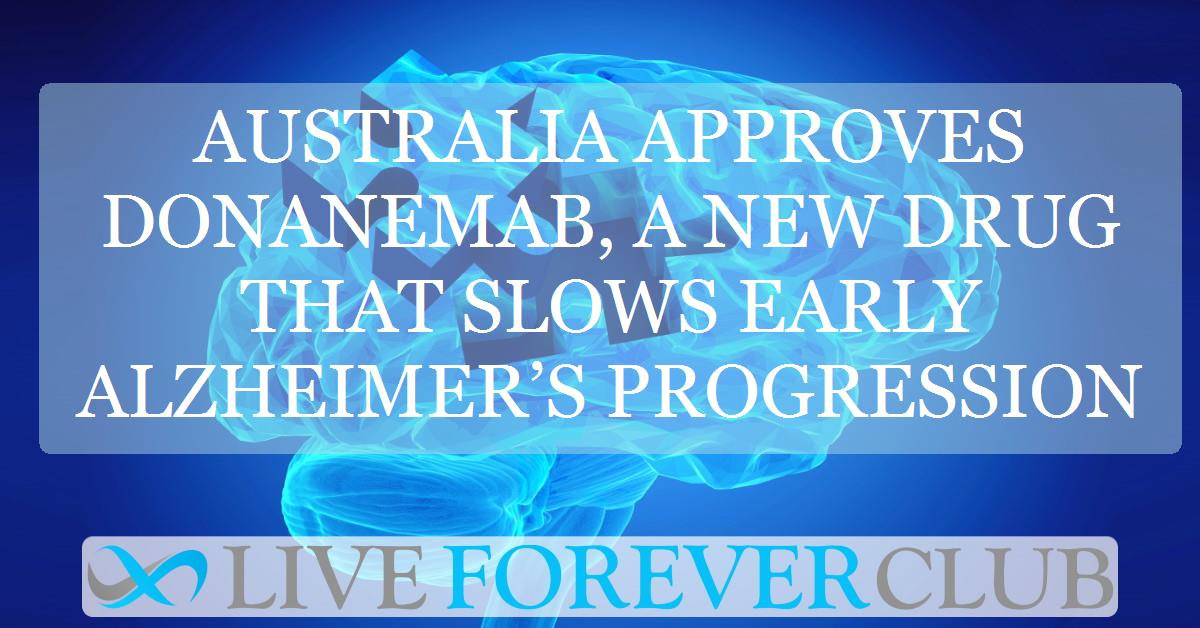Key points from article :
Australia has recently approved a new drug, donanemab (brand name Kisunla), for treating early symptomatic Alzheimer’s disease, marking the first new treatment in 25 years that can slow the disease’s progression rather than just temporarily easing symptoms. The drug works by targeting amyloid proteins in the brain, which are believed to contribute to Alzheimer’s. This approval was announced by the Therapeutic Goods Administration (TGA) and represents a hopeful step forward, although experts caution that only about 10-20% of people with dementia will be eligible for the treatment due to strict criteria.
Donanemab is administered via intravenous infusion every four weeks for up to 18 months and is intended for patients in the mild cognitive impairment phase of Alzheimer’s who meet a specific genetic profile and have no risk factors that could lead to brain swelling or bleeding. Patients must undergo genetic testing and MRI scans before and during treatment to monitor safety. Unfortunately, people carrying two copies of the ApoE ε4 gene—who are at higher risk of earlier Alzheimer’s—are excluded due to increased side effect risks. Additionally, confirming eligibility requires expensive tests like lumbar punctures or amyloid PET scans, which are not currently covered by Medicare.
The treatment itself is estimated to cost around $40,000, with total out-of-pocket expenses reaching about $80,000 including medical fees and monitoring. While Eli Lilly has applied to have the drug included on Australia’s Pharmaceutical Benefits Scheme (PBS), a decision is pending. Experts emphasize that the drug slows cognitive decline by roughly one-third, potentially extending the early stage of Alzheimer’s by a couple of years, but patients and families need to weigh the benefits against the costs and risks. The Australian Dementia Network is working on improving early diagnosis methods to allow more timely access to treatments like donanemab.





